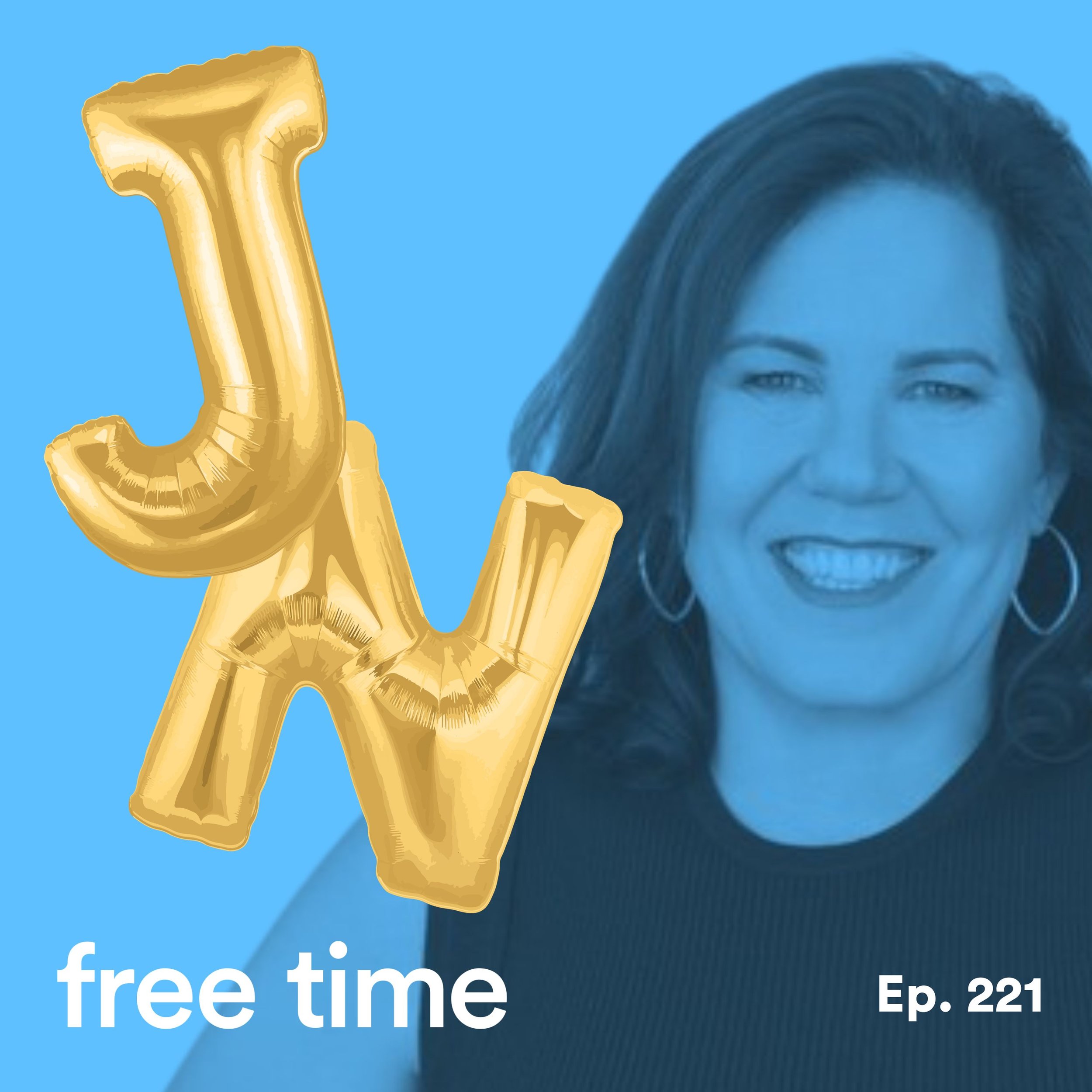221: Publishing and Personal Writing Pointers with Jennie Nash
“I see in books,” says today’s guest. “Every book is, at its heart, an argument for something—for a belief, a way of life, a vision of the future, a way to solve a problem, a way to make a friend, a way to lose your soul. The point is what the entire story drives to. It’s the thing your reader will come away from your book feeling.”
That’s just one gem from today’s guest, Jennie Nash, book coach and author of a blueprint series on how to approach your writing. Jennie and I discuss the tumult happening in hybrid and traditional publishing outfits; risks inherent in the publishing process; red flags to watch out for in selecting partners; determining the right genre for your work (i.e. nonfiction, fiction, memoir), how to “make room for the reader,” and what it means to write for the marketplace.
More About Jennie: Jennie Nash is the founder and CEO of Author Accelerator, a company on a mission to lead the emerging book coaching industry. Author Accelerator has certified more than 160 book coaches in both fiction and nonfiction. Jennie’s own book coaching clients have landed top New York agents and six-figure book deals with Big 5 houses such as Penguin, Scribner, Simon & Schuster, and Hachette, and won dozens of national indie book awards. Jennie is the author of 12 books in 3 genres, including Blueprint for a Nonfiction Book: Plan and Pitch Your Big Idea and the forthcoming Blueprint for a Memoir: How to Write a Memoir for the Marketplace.
🌟 3 Key Takeaways
Before choosing a publishing partner (traditional or hybrid): Speak with at least three authors who have worked with that organization before! Not just ones the publisher suggests.
Three genres explore different possibilities: Fiction explores what if? as you imagine a world and the characters within it; nonfiction will be factual, information-based, teaching and topic-oriented; memoir is where you tell your own story about your own life, even with larger themes at play; memoir+ brings additional elements.
Make room for the reader: When you’re writing personal essays or memoir, you can get so caught up in your own story that you’re not thinking about who will read this, why they care, what they are looking to experience, and how you can connect with and inspire them.
📝 Permission: Drop the idea that you will be picked by the publishing industry. You are the creator, so take the work into your own hands. You pick you.
🔗 Resources Mentioned
Jennie on the web, IG, Twitter, LinkedIn
Coach Training: Author Accelerator
Templates: Free Time Author Toolkit
Articles: NYT—Buyouts and Layoffs Mean a Changing of the Guard at Penguin Random House, Leaders Press—Scribe Media Shuts Down
Substack: Round-up of serialized fiction classics, Jenny’s (secret for now) new Substack :)
MasterClass: Dan Brown on Thriller Writing, Malcolm Gladwell
📚 Books Mentioned
Jennie’s series: Blueprint for a Book, Blueprint for a Nonfiction Book, and Blueprint for a Memoir
In the Dream House: A Memoir by Carolyn Maria Machado
Untamed by Glennon Doyle
The Candy House by Jennifer Egan
Bomb Shelter by Mary Laura Philpot + NYT Review
In Love by Amy Bloom
Lost and Founder by Rand Fishkin
Shoe Dog by Phil Knight
🎧 Related Episodes
JB’s Spotify Playlist: Behind-the-Book
Free Time: 205: Why Paul Millerd Turned Down a $200K Two-Book Traditional Publishing Deal, 203: 🎢 Riding the Emotional Rollercoaster of Launching with Natalie Lue, and 209: From Lost and Founder to Chill Work with Rand Fishkin
🌟Enjoying the show? The best way to thank us is by leaving a rating or review
✍️ Check out my new Substack Rolling in D 🤦🏻♀️h: Divine Disaster Diaries
❤️ Join our private BFF community for Heart-Based Business owners
💌 Subscribe to the Time Well Spent newsletter: http://itsfreetime.com/join
🛠 Get instant access to the Free Time Toolkit: http://itsfreetime.com/toolkit
💬 I’d love to hear what’s on your mind! Take the Free Time listener survey
☎️ Submit a voice question or comment for future episodes: http://itsfreetime.com/ask
🎧 Make sure you’re subscribed wherever you listen to podcasts
📝 Check out full show notes and share with a friend: https://itsfreetime.com/episodes/221

